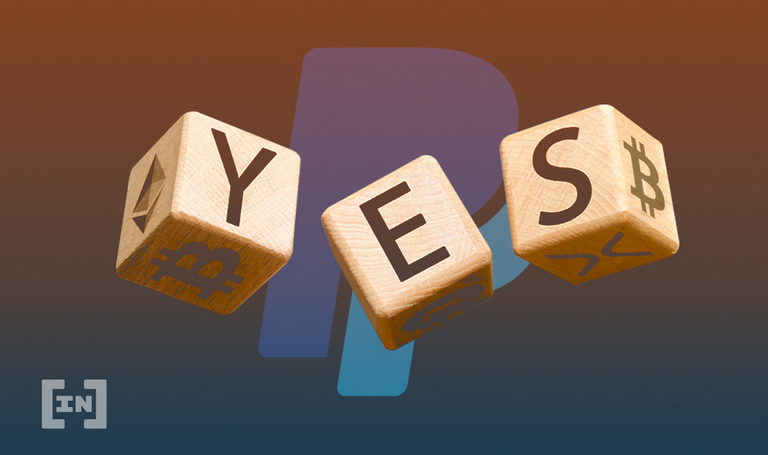Global payments giant PayPal has enabled customers based in the United Kingdom to buy, hold, and sell cryptocurrencies.
Starting this week, United Kingdom-based users of PayPal will be able to access crypto trading services within the platform. It’s the first expansion of the payment giant’s crypto services since the services were first launched in the United States in October 2020.
Speaking to CNBC, Jose Fernandez da Ponte, PayPal’s general manager for blockchain, crypto, and digital currencies said “It has been doing really well in the U.S.,” before adding “We expect it’s going to do well in the U.K.”
The service will be available on the app and website, will initially be limited to four cryptocurrencies: BTC, ETH, LTC, and BCH.
Pandemic accelerated growth
The growth of digital assets for payments has been accelerated by the global Covid pandemic and subsequent lockdowns, which many countries are still enduring. da Ponte added:
“The pandemic has accelerated digital change and innovation across all aspects of our lives, including the digitization of money and greater consumer adoption of digital financial services.”
Like in the U.S., PayPal uses Paxos, a New York-regulated digital currency company, to enable crypto buying and selling in Britain. It stated that it has already engaged with relevant U.K. regulators to launch the service. da Ponte acknowledged the importance of regulatory approval, especially in countries such as the U.S. and U.K. which take a harsher stance towards digital assets:
“We are committed to continue working closely with regulators in the UK, and around the world, to offer our support and meaningfully contribute to shaping the role digital currencies will play in the future of global finance and commerce.”
It has yet to be determined if and when PayPal will allow consumers in the U.K. to pay merchants using cryptocurrency. da Ponte did talk about expansion, however, stating that there could be a different approach depending on how the market reacts to the initial rollout:
“We are very deliberate about starting with initial functionality, and then we’ll see where the market is going to take us. Different markets have different appetite for products.”
Binance still in the doghouse
In June, the U.K.’s financial regulator, the Financial Conduct Authority (FCA), banned the British subsidiary of Binance citing a failure to meet money-laundering requirements.
The following month, the world’s largest exchange suspended withdrawals in pounds sterling (GBP) for its U.K. customers.
Since then, a raft of British banks also blockaded Binance by limiting what their customers can do with their own funds. PayPal appears to be having a much better time in the British Isles than Binance.
